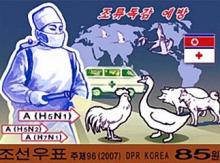There is a link between low dose exposure to pyrethroids and behavioral problems in children
Children exposed to a widely used group of insecticides may be at increased risk for behavioral problems, according to a new study. The insecticides are called pyrethroids. They're used on crops but can also be found in some mosquito repellents and in products used to treat head lice, scabies and fleas, the French research team explained. Like many types of insecticides, pyrethroids work by damaging nerves, and concerns have recently been raised about their possible effects on children who have been exposed.










